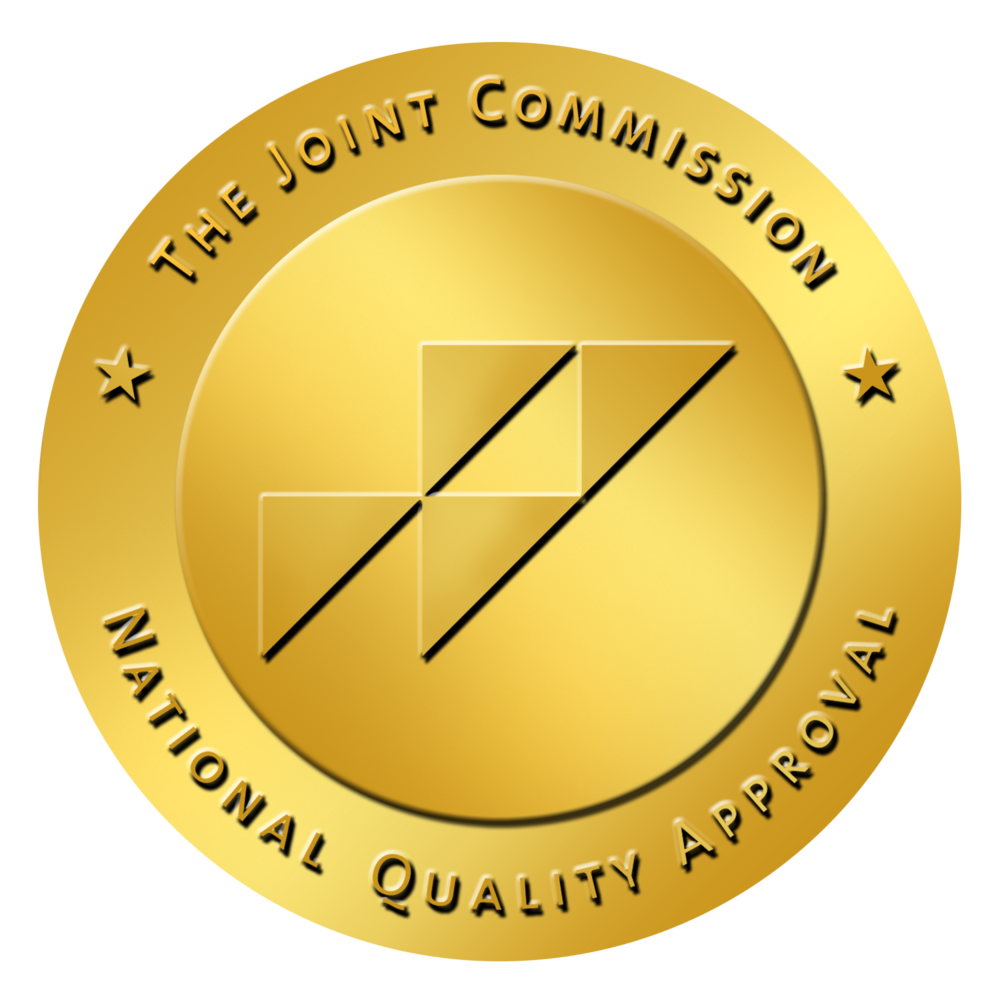Personality disorders are complex mental health conditions that affect the way a person thinks, feels, and relates to others. Because these patterns are deeply ingrained, they often cause challenges in relationships, work, and daily functioning. Although living with a personality disorder can feel overwhelming, effective treatments are available that can help individuals regain stability and improve their quality of life.
What Are Personality Disorders?
Personality disorders are long-term patterns of thinking, feeling, and behaving that differ significantly from cultural expectations and cause difficulties in relationships, work, and daily life. Unlike temporary mental health issues, personality disorders are enduring and can impact nearly every aspect of a person’s life. They usually emerge in adolescence or early adulthood and may require long-term treatment, including therapy and support.
Personality Disorder Risk Factors
While the exact cause of personality disorders is unknown, research points to a combination of factors, including:
- Genetics – family history of mental health disorders may increase risk.
- Early life experiences – childhood trauma, neglect, or abuse are common contributing factors.
- Brain structure and chemistry – differences in brain functioning may influence personality and behavior.
- Environmental influences – cultural, social, or family dynamics can also play a role.
Types of Personality Disorders
Mental health professionals group personality disorders into three main categories, or “clusters,” based on similarities in symptoms. These clusters are groupings of different personality disorders according to broadly shared attributes.
Cluster A
These disorders are often marked by unusual or distorted thinking patterns and social withdrawal. These people would informally be referred to as “odd” or “eccentric.”
Paranoid Personality Disorder (PPD)
Characterized by persistent distrust and suspicion of others, often without justification. People with PPD may believe others are out to harm or deceive them.
Schizotypal Personality Disorder (STPD)
Involves odd beliefs, eccentric behavior, and difficulty forming close relationships. People with STPD may experience distorted thinking or mild perceptual disturbances.
Schizoid Personality Disorder (ScPD)
Defined by emotional detachment and preference for solitary activities. Individuals with ScPD often appear aloof and avoid close personal relationships.
Cluster B
These disorders typically involve difficulty regulating emotions and impulsive behaviors. People may sometimes refer to those who fall under Category B as “dramatic” or “erratic.”
Antisocial Personality Disorder (ASPD)
Marked by disregard for the rights of others, manipulative behaviors, and lack of remorse. People with ASPD often violate laws and social norms.
Borderline Personality Disorder (BPD)
Characterized by unstable relationships, intense emotions, fear of abandonment, and impulsive behavior. Self-harm or suicidal thoughts may also occur.
Histrionic Personality Disorder (HPD
Involves excessive emotionality and attention-seeking behaviors. Individuals may act dramatically or use their appearance to gain approval.
Narcissistic Personality Disorder (NPD)
Defined by an inflated sense of self-importance, need for admiration, and lack of empathy for others. People with NPD may struggle with fragile self-esteem beneath their outward confidence.
Cluster C
These disorders are marked by chronic anxiety and fear-driven behaviors. A non-medical professional may refer to people with such disorders as “anxious.”
Avoidant Personality Disorder (AvPD)
Characterized by extreme shyness, fear of rejection, and avoidance of social situations, despite a strong desire for connection.
Dependent Personality Disorder (DPD)
Involves excessive reliance on others for support and decision-making. People with DPD may fear separation and struggle with independence.
Obsessive-compulsive Personality Disorder (OCPD)
Different from OCD, OCPD is marked by perfectionism, rigid rules, and need for control. Individuals may prioritize order over flexibility, often straining relationships.
Treatment for Personality Disorders
While personality disorders are challenging to treat, recovery is possible with the right combination of therapy, medication, and long-term support. Treatment aims to help individuals manage symptoms, build healthier relationships, and improve overall quality of life.
Therapy for Personality Disorder
Psychotherapy, or talk therapy, is the cornerstone of treatment for personality disorders. Different therapeutic approaches are tailored to address specific disorders and symptoms.
Cognitive-behavioral therapy (CBT)
CBT helps individuals recognize and change distorted thinking patterns, unhealthy behaviors, and emotional responses. It is especially effective for managing negative thought cycles that drive anxiety, depression, or relationship challenges.
Dialectical behavioral therapy (DBT)
Originally developed for borderline personality disorder, DBT focuses on building skills in emotional regulation, distress tolerance, mindfulness, and interpersonal effectiveness. It helps individuals manage intense emotions and reduce harmful behaviors such as self-injury or impulsivity.
Medication for Personality Disorders
Although there are no medications specifically designed to “cure” personality disorders, certain prescriptions can help manage co-occurring symptoms such as depression, anxiety, or mood instability.
Antidepressants
Used to reduce symptoms of depression, low mood, or persistent sadness, which often overlap with personality disorders.
Antipsychotics
May help with distorted thinking, paranoia, or perceptual disturbances, especially in Cluster A personality disorders.
Mood stabilizers
Prescribed to regulate intense mood swings, irritability, and impulsivity that commonly occur with Cluster B disorders.
Anxiolytics
Anti-anxiety medications can reduce excessive worry, tension, and restlessness, particularly in Cluster C personality disorders.
Treatment for Personality Disorders at Aliya Health Group
At Aliya Health Group, we provide compassionate, research-based care for individuals living with personality disorders. Our treatment programs integrate psychotherapy, medication management, and holistic approaches to support long-term recovery. With a team of licensed therapists, psychiatrists, and mental health specialists, we create individualized treatment plans designed to meet each client’s unique needs.
We offer multiple levels of care, including residential treatment, partial hospitalization (PHP), and intensive outpatient programs (IOP), so patients can access the right level of support at every stage of healing.
Help for Personality Disorders Near You
If you or someone you love is struggling with a personality disorder, professional help is available. Reaching out for support is the first step toward regaining balance, building stronger relationships, and creating a healthier future.
Contact Aliya Health Group today to learn more about our treatment options and find compassionate care near you.






